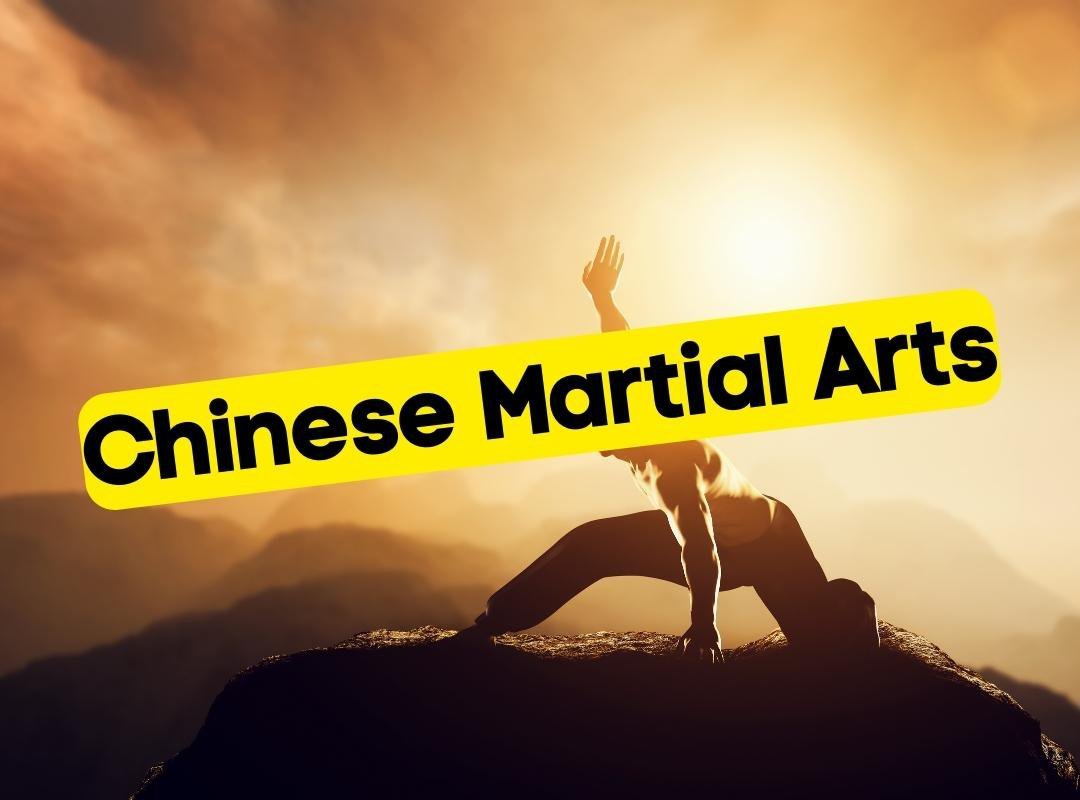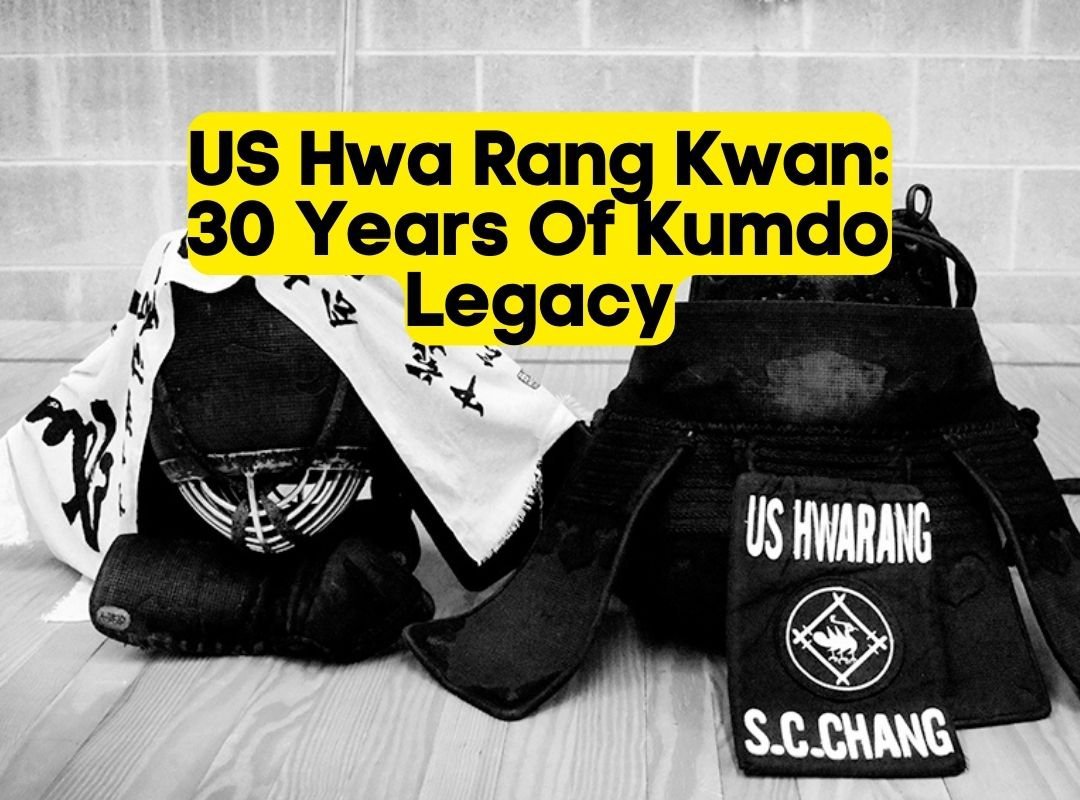Kumdo, a Korean martial art, combines sword skills with mental and spiritual growth, promoting discipline, resilience, and community.
Key Takeaways 📝
- Kumdo is not just a martial art; it integrates physical skill with mental resilience and spiritual growth, making it a holistic practice for personal development.
- Surprisingly, Kumdo has roots that trace back over two millennia, evolving from a warrior's survival tool to a structured discipline focused on respect and integrity.
- The article explores how Kumdo's principles challenge common misconceptions, emphasizing that it is as much about self-discovery and character building as it is about fighting.
- Practicing Kumdo provides actionable benefits, including improved physical fitness, mental discipline, and emotional balance—skills that translate to everyday life.
- At its core, Kumdo embodies a philosophy of inclusivity and community, welcoming practitioners of all backgrounds and promoting a global exchange of cultural values.
Kumdo, an enthralling martial art steeped in history and discipline, is far more than just wielding a sword. It’s a journey of physical agility, mental resilience, and spiritual depth. Let's dive into the multifaceted world of Kumdo and uncover the layers that make it a captivating art form.
Kumdo: The Way of the Sword
Introduction
Have you ever been mesmerized by the grace and precision of a swordsman in action? That's the magic of Kumdo, a martial art that transforms the simple act of wielding a sword into a symphony of movement and intention. But what is Kumdo, really? At its heart, Kumdo is "the way of the sword," a Korean martial art that combines physical prowess with mental acuity and spiritual growth. It's about finding balance in the chaos and wielding power with wisdom.
Historical Background of Kumdo
Origins in Ancient Korea and Japan
Kumdo traces its roots back over two millennia, intertwined with the rich tapestry of Korean and Japanese martial traditions. Initially, it was the realm of warriors, a tool for survival and defense. These early forms laid the groundwork for what would evolve into modern Kumdo.
Evolution Over Centuries
Fast forward to the 18th century, and Kumdo began to take a more structured form. Bamboo swords and protective gear were introduced, transforming a deadly skill into a disciplined practice focused on mental and spiritual development.
Modern Developments Post-1948
The end of Japanese rule in Korea marked a new chapter for Kumdo. In 1948, it was officially recognized in Seoul, setting the stage for its growth as both a sport and a cultural practice.
The Philosophy of Kumdo
Core Principles and Values
Kumdo is built on a foundation of respect, discipline, and integrity. It's about more than just physical skill; it's about honing one's character and spirit through the art of the sword.
The Spiritual Journey
Practicing Kumdo is often likened to embarking on a spiritual journey. It challenges practitioners to confront their fears, build resilience, and find peace within themselves.
Kumdo Beyond the Sword
While the sword is central to Kumdo, the true essence lies in the journey it inspires. It encourages practitioners to apply its principles in every aspect of life, from personal relationships to professional endeavors.
Kumdo Techniques and Training
Basic Movements and Patterns
Kumdo training begins with mastering basic movements and patterns, known as "keup." These are the building blocks for more advanced techniques.
The Role of Meditation
Meditation is integral to Kumdo, enhancing focus, clarity, and mental strength. It's about finding stillness in motion, a skill that transcends the dojo.
Sparring and Real-Life Simulations
Sparring, or "jeon," is where theory meets practice. It simulates real-life combat scenarios, testing the practitioner's skill, strategy, and spirit.
The Equipment Used in Kumdo
Juk-To: The Bamboo Sword
The Juk-To is the primary training tool in Kumdo. Its flexibility and safety make it ideal for practicing techniques without risk of injury.
Mok Kum: The Wooden Sword
Used for more advanced training, the Mok Kum is heavier and requires greater control and precision.
Protective Gear Essentials
Safety is paramount in Kumdo. Practitioners wear protective gear, or "Hogu," which includes a helmet, gloves, and body armor, allowing for full-contact practice.
Kumdo Training Structure
Typical Class Format
A typical Kumdo class begins with meditation and warm-ups, followed by drills, sparring, and cool-downs. Each session is a step towards mastery.
Progression and Ranking
Progress in Kumdo is marked by a ranking system, from novice to master. Each rank signifies a deeper understanding and skill level.
The Role of the Instructor
Instructors, or "Sa Bum Nim," are mentors and guides. Their wisdom and experience shape the practitioner's journey.
Benefits of Practicing Kumdo
Physical Fitness and Health
Kumdo is a full-body workout, improving strength, agility, and endurance. It's a dynamic way to stay fit and healthy.
Mental Discipline and Focus
The mental demands of Kumdo enhance concentration, decision-making, and resilience. It's as much a mental exercise as a physical one.
Emotional and Spiritual Growth
Kumdo fosters emotional balance and spiritual growth, helping practitioners navigate life's challenges with grace and confidence.
Kumdo in Modern Culture
Popularity Worldwide
Kumdo has transcended its origins to become a global phenomenon. Its appeal lies in its blend of tradition, athleticism, and personal development.
Kumdo in Media and Entertainment
Movies and television have brought Kumdo to a wider audience, showcasing its beauty and intensity.
Competitive Kumdo
Competitive Kumdo is a thrilling spectacle, combining skill, strategy, and sportsmanship. It's a true test of a practitioner's prowess.
The Global Community of Kumdo
Spread Across Continents
From Asia to the Americas, Kumdo has found a home in diverse cultures. Its universal values resonate with people worldwide.
International Kumdo Tournaments
International tournaments celebrate the art of Kumdo, fostering camaraderie and cultural exchange among practitioners.
Cultural Exchange and Learning
Kumdo is a bridge between cultures, offering opportunities for learning and mutual respect.
Personal Insights and Experiences
Stories from Practitioners
Every Kumdo practitioner has a unique story. These personal accounts reveal the transformative power of the art.
Life Lessons Learned
Kumdo teaches patience, perseverance, and humility. These lessons extend beyond the dojo into everyday life.
The Personal Impact of Kumdo
For many, Kumdo is more than a hobby; it's a way of life. It shapes their worldview and influences their choices.
Challenges and Misconceptions
Common Hurdles in Training
Like any discipline, Kumdo has its challenges. Overcoming these hurdles is part of the journey.
Debunking Myths
Kumdo is often misunderstood. It's not just about fighting; it's about self-discovery and growth.
The Reality of Commitment
Kumdo requires dedication and commitment. It's a lifelong pursuit of mastery and self-improvement.
Women in Kumdo
Breaking Stereotypes
Women are making their mark in Kumdo, challenging stereotypes and proving their mettle.
Prominent Female Practitioners
Celebrating the achievements of women in Kumdo highlights the art's inclusivity and diversity.
The Inclusive Nature of Kumdo
Kumdo is for everyone, regardless of gender, age, or background. It's a community that welcomes all.
The Future of Kumdo
Innovations in Training
Modern technology is enhancing Kumdo training, offering new tools and methods for learning.
Preserving Tradition
While embracing innovation, Kumdo remains rooted in tradition, preserving its rich history and cultural significance.
The Next Generation of Practitioners
The future of Kumdo lies with the next generation. Their passion and dedication will carry the art forward.
Conclusion
Kumdo is more than a martial art; it's a way of life. Its blend of physical skill, mental acuity, and spiritual depth makes it a powerful tool for personal development. Whether you're drawn to its history, its philosophy, or its physicality, Kumdo offers something for everyone. It's a journey of discovery, growth, and transformation.










